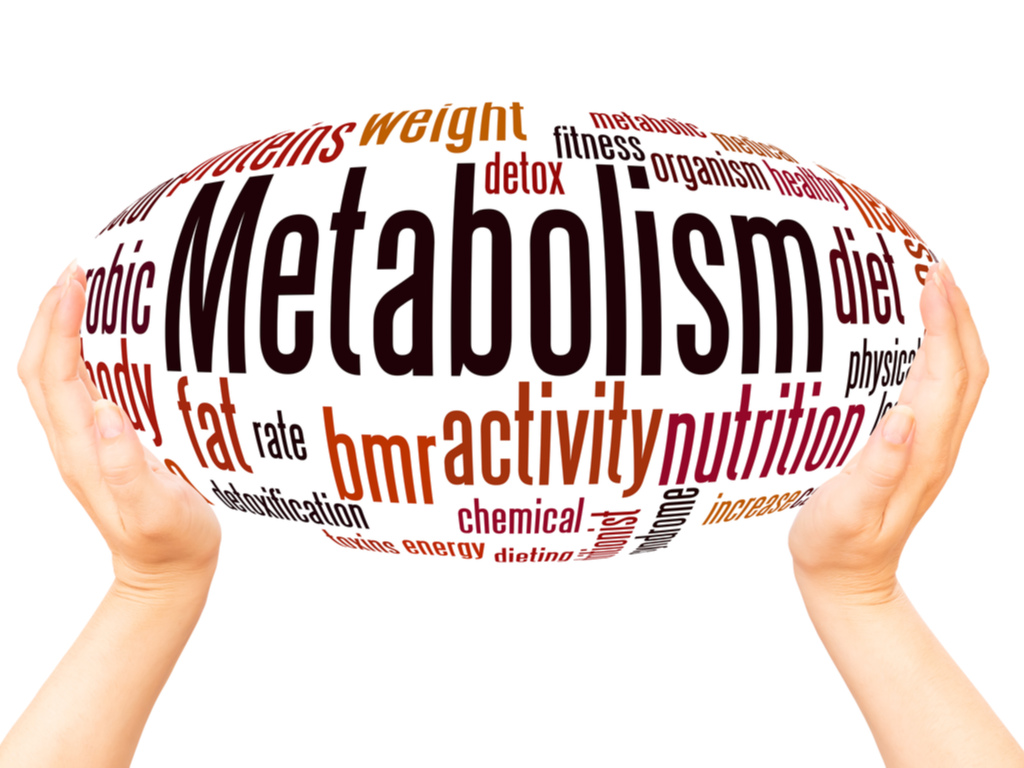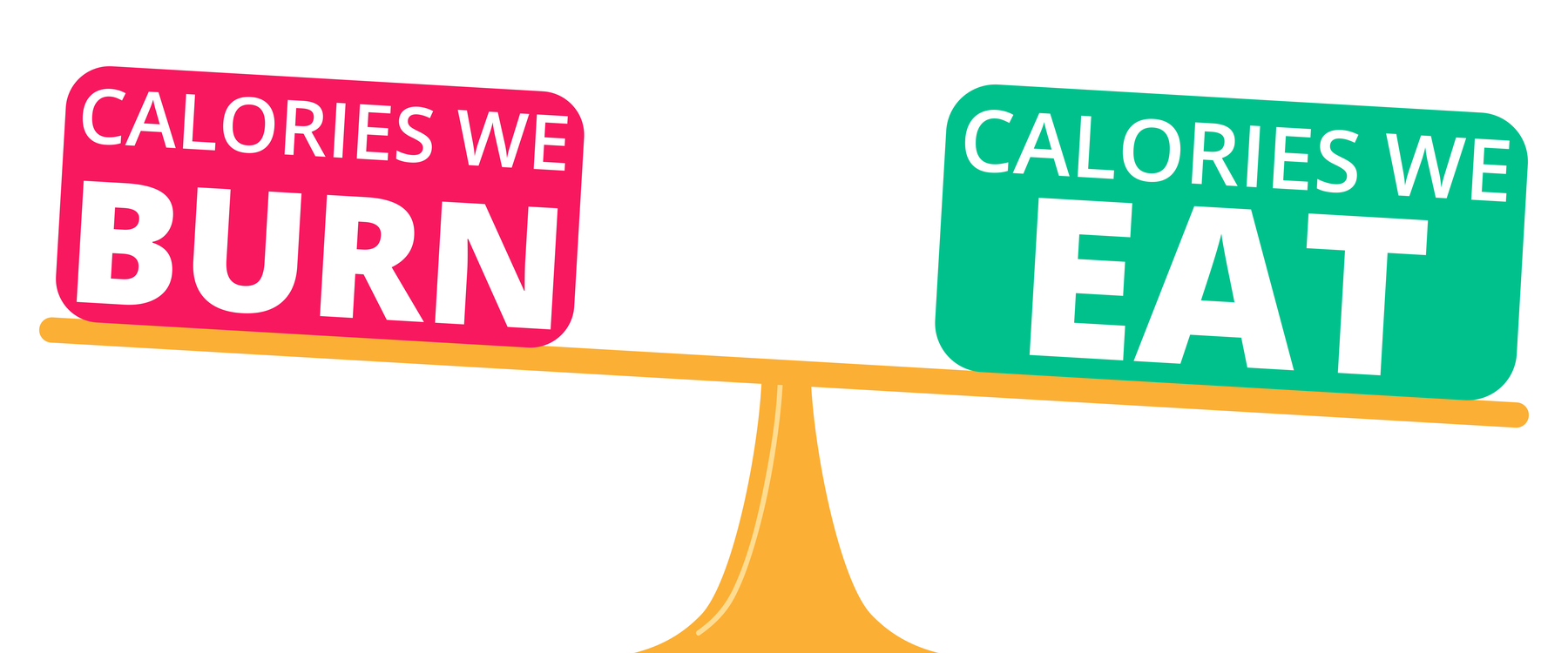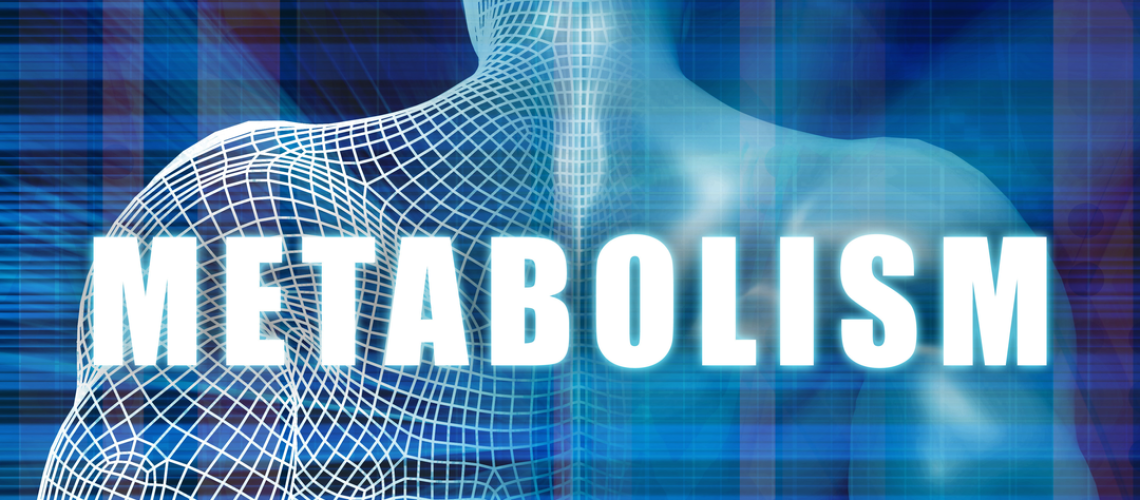You’ve likely heard the word metabolism tossed around in diet ads, influencer reels, and even doctor’s offices. It’s become a convenient catch-all—used to explain everything from weight gain to energy crashes to chronic disease. But ask someone to explain what metabolism actually is? Most can’t.
Let’s change that.
What the Marketing Gets Wrong
We’ve all seen the claims:
“Boost your metabolism and lose weight fast!”
“This shake resets your metabolism!”
“Fix your metabolism—fix your health.”
Sounds promising, right? Marketers link metabolism to nearly every modern health issue: obesity, prediabetes, heart disease, fatigue. And while metabolism is central to those conditions, the idea that a quick fix—like cutting carbs or taking a fat-burning pill—will “fix” your metabolism is oversimplified at best, and flat-out misleading at worst.
So what’s the real story?

Your Body, Your Engine
At its core, metabolism is your body’s energy management system. It’s how your body converts food into fuel and decides whether to burn that fuel now—or store it for later.
If your body were a car, your metabolism would be the engine. And like any engine, it runs based on inputs. Eat more fuel (calories) than you use, and your engine stores the excess—usually as body fat. Eat less than you burn, and your engine taps into those reserves.
It’s not magic. It’s basic bioenergetics. But when it’s out of sync, trouble starts.

The Calorie Equation That Actually Matters
Many diet plans try to distract you with trendy rules—“never eat after 7 PM” or “cut all sugar”—but they miss the most important truth:
If you consistently eat more calories than your body needs, you’ll gain weight.
That’s it. Your metabolism doesn’t “break,” it adapts to the surplus by shifting into storage mode. The reverse is also true—if you eat fewer calories than your body needs, you’ll lose weight over time.
Factors like activity level, age, and body size all affect how many calories you actually need. A smaller, less active person doesn’t burn fuel at the same rate as a taller, more active one. And as we age, our energy needs shrink—so our calorie intake should, too.
Where Should Those Calories Come From?
The quality of your calories matters just as much as the quantity—and this is where metabolism gets interesting.
Most people consume:
~50% of calories from carbs
~35% from fats
~15% from protein
If you’re trying to cut calories, most of that reduction should come from carbs and fats. Protein, however, should stay—or even increase.
Why? Because protein feeds your muscles, and your muscles are the most metabolically active tissue in your body. They’re your engine’s horsepower. Lose muscle, and you slow down your metabolism over time—even if your weight drops.
Building a Smarter Metabolic Strategy
To improve your metabolism, you don’t need a crash diet. You need a sustainable strategy:
Fuel your muscles with enough protein
Balance carbs and fats according to your energy needs
Keep total calories in check based on your lifestyle
Think of it like tuning an engine: You need the right amount of fuel—and the right type—for the machine to run at its best.
Why This Matters
Metabolism isn’t just about weight. It’s the foundation of how your body functions—how it regulates blood sugar, manages inflammation, and responds to stress.
For decades, I’ve studied this system in depth—conducting research, publishing in peer-reviewed journals, and working with real people who want real change. What I’ve found is that understanding your metabolism doesn’t have to be complicated. The science can be complex—but the daily choices that support it don’t have to be.
That’s why I created the Metabolic Lifestyle—to take the guesswork out of nutrition and help people just like you fuel their bodies smarter, not harder.
Bottom line: Your metabolism isn’t broken. It’s just waiting for the right strategy.
Let’s give it one.

